Insect & Pests
All Insect & Pests Content
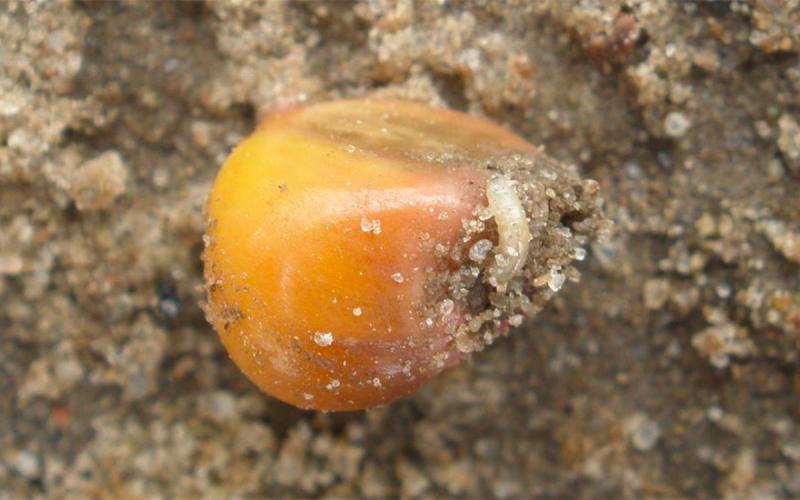
Seedcorn Maggot Degree Day Activity Estimates: June 5, 2024
Peak emergence of the second generation of seedcorn maggots is occurring in a few areas of the state. The rest of the state is between the second and third generation emergences.
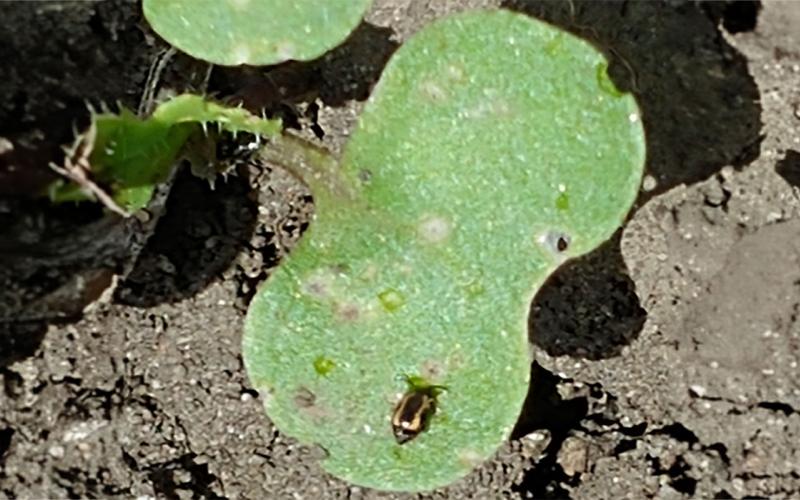
Don’t Forget to Scout Canola for Flea Beetles
Canola emergence is well underway and ahead of emergence at this time in 2023. There are three species of flea beetles that commonly infest canola and feed on the leaves.
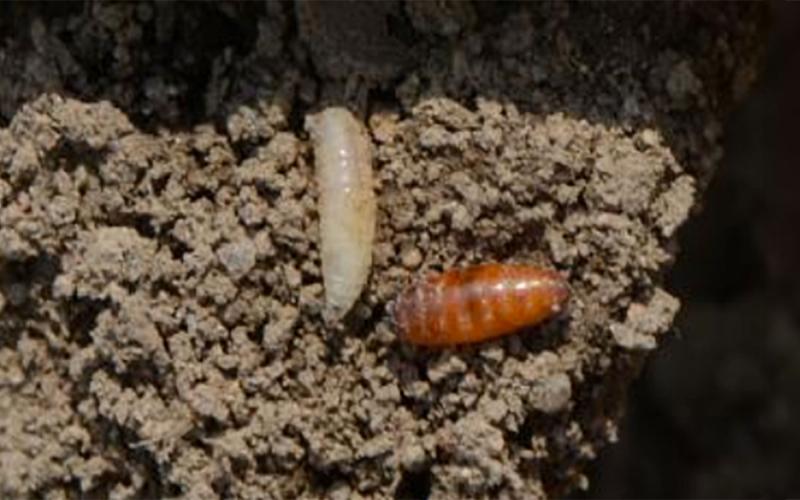
Monitor for Seedcorn Maggots in Wet Planted Fields
Current spring conditions, including wet soil and cool temperatures, could result in seedcorn maggot issues in South Dakota.

Seedcorn Maggot Degree Day Activity Estimates: May 29, 2024
Many of the northern counties are approaching enough degree days for a peak second-generation seedcorn maggot emergence to occur.
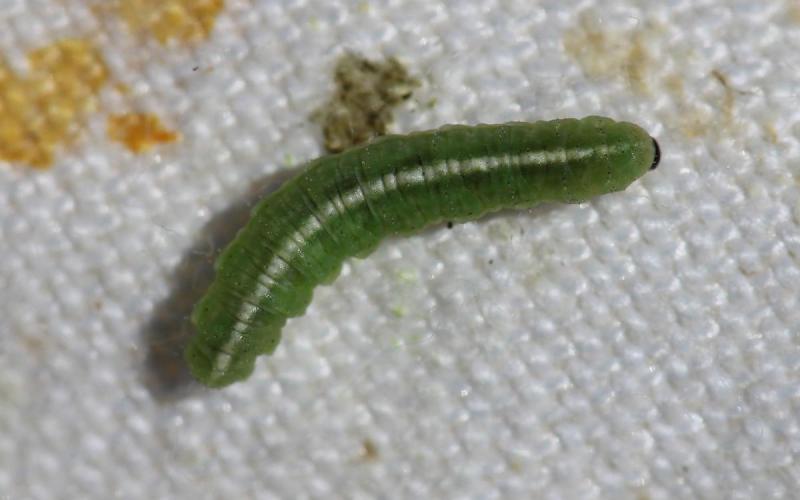
Alfalfa Weevil Activity Prediction Update: May 29, 2024
Most alfalfa weevil larvae that were observed this week were between the first and second instar, but it is likely that later instars are present in southern counties.
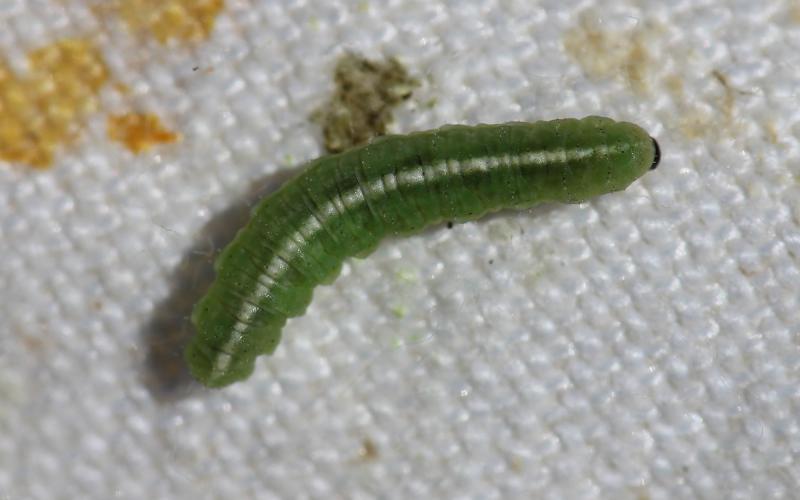
Alfalfa Weevil Activity Prediction Update: May 24, 2024
Degree day accumulations continue to estimate alfalfa weevil activity throughout South Dakota. Alfalfa weevil activity is likely greater in southern counties, but alfalfa should continue to be scouted statewide.
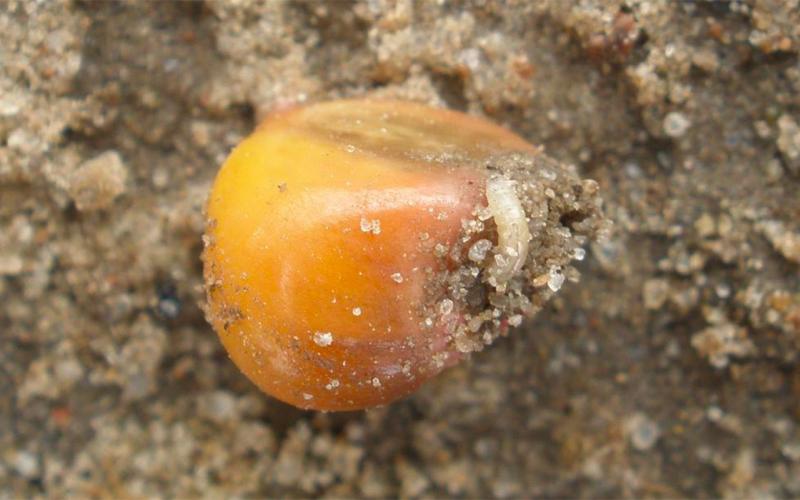
Seedcorn Maggot Degree Day Activity Estimates: May 24, 2024
Parts of South Dakota are currently at, slightly below, or over the 1,080 degree days for the peak second generation emergence of seedcorn maggots.

Common Stalk Borer Activity Estimate: May 24, 2024
Throughout South Dakota, common stalk borer caterpillars are still active in alternative weed and grass hosts.
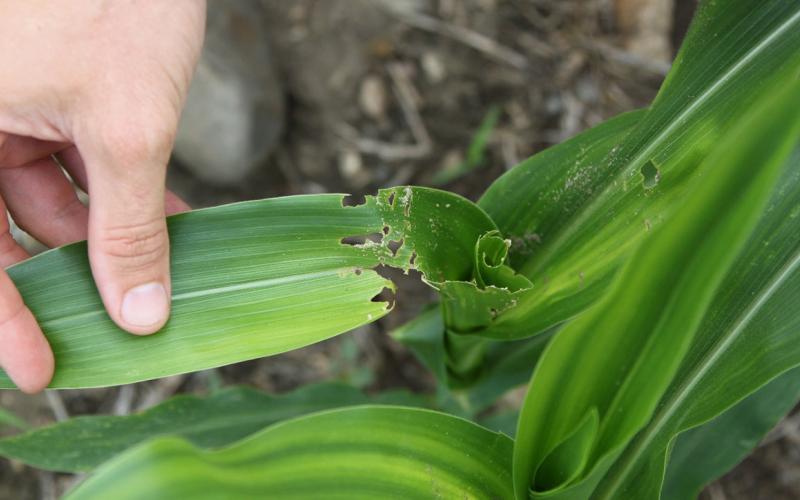
Common Stalk Borers and Why They Matter in Early Season Corn
Based on current degree day accumulations, the common stalk borer caterpillars are developing within weeds and grass hosts. Once the caterpillars outgrow these hosts they will begin moving into corn fields.
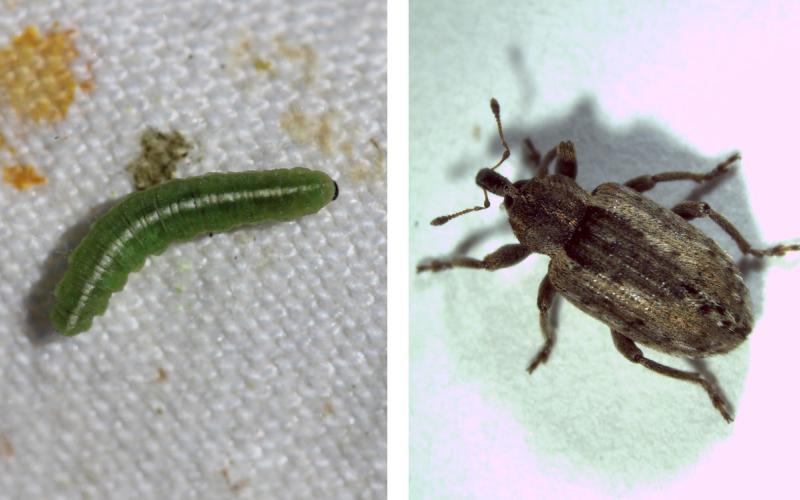
It’s Time To Start Scouting for Alfalfa Weevils
This week, alfalfa weevil larvae have been spotted in the fields. Routine scouting is the best method to ensure that alfalfa isn’t heavily defiolated by this pest.